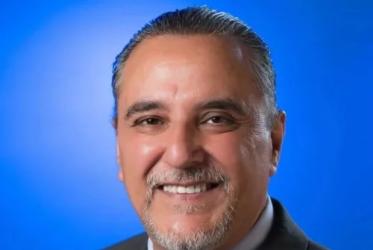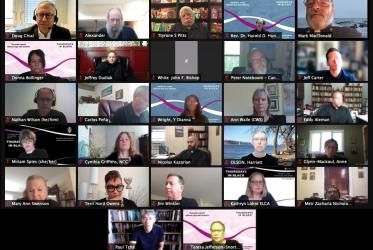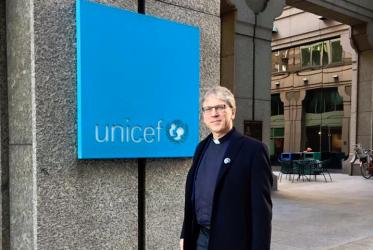Displaying 1 - 11 of 11
07 July 2023
New student body at Bossey Ecumenical Institute “a source of joy”
14 September 2020
How can you help refugees?
11 October 2018
Re-engineering life forms: Church forum raises concerns
09 November 2017
Emily Welty: tide of hope for a world free from nuclear weapons
19 September 2017
Momentum builds for ban on nuclear weapons
16 December 2014







